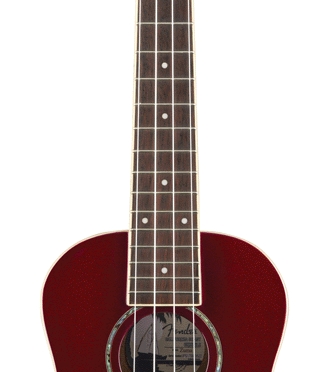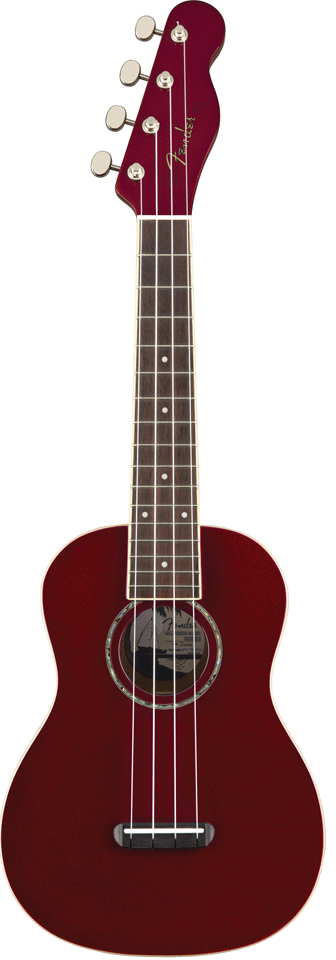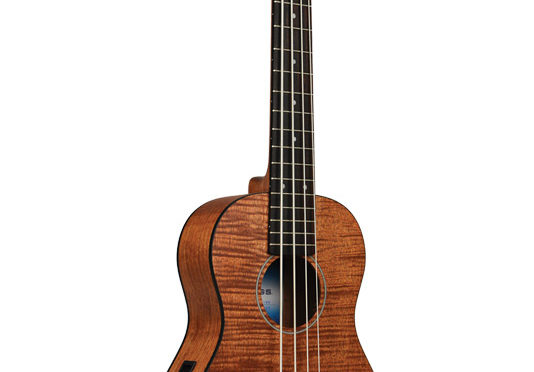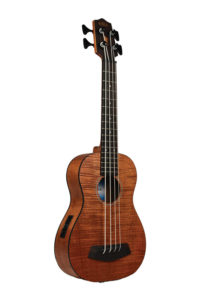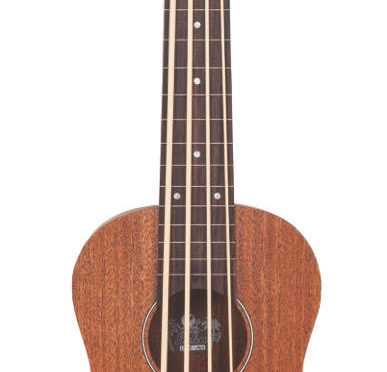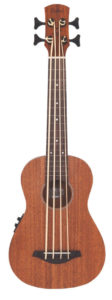As I approach my 50th year, I have decided to learn how to play the ukulele. It does not come naturally, but I have the mindfulness to keep practicing and to be kind to myself when I want to quit.
What Do I Mean by Mindfulness?
Mindfulness, according to Jon Kabat-Zin, founder of MBSR (mindfulness-based stress reduction), is “the awareness that arises from paying attention, on purpose, in the present moment, and non-judgmentally.” Furthermore, there is a distinction between formal and informal practices of mindfulness. While at a concert, you may notice the crowd around you, the temperature and energy in the venue, the melodious sounds of instruments sifting through the air, and how you feel in the moment. This is mindfulness in general. A formal practice of mindfulness meditation entails sitting, walking, standing, or laying down for a set period of time with the intention to observe the breath, body sensations, thoughts, feelings, and emotions. The benefits of this practice are also similar to learning to play an instrument. They both may reduce anxiety and stress; they train the mind to focus and may ultimately increase happiness and optimism.
When I was a child in the dimly lit music room of Mrs. Madole, I remember the difficulties I had in learning to play the recorder. My fingers fumbled over the holes, reading music did not come easily, and I was distracted by the cacophony of sounds and adolescent cackles that filled the room. By the fourth day of instruction, my friend Karen and I were pretending to fall asleep to make each other laugh.
At one point, Mrs. Madole clacked her ruler against the lectern and raised her voice in a way that let us know she meant business. Karen “woke up” and looked over to see me start the same routine except, this time, my head bobbed forward and a snort came out, which distracted the entire class into laughter. Mrs. Madole yelled at me to go to the hall. I was embarrassed and angry, but thankful. That was the first time I had struggled in a class, and I was assigned to after school detention for my behavior. I made excuses to my parents and pouted, “It’s hard, and the teacher doesn’t like me!”
It Takes Tenacity
Looking back, I see the similarities between learning how to play an instrument and learning mindfulness.
As a teacher and practitioner of mindfulness, I have seen the same obstacles arise for my students and myself, and it looks like the reactions and challenges that I experienced as a teenager. In order to learn any skill, it takes tenacity and practice before we experience proficiency. There is usually excitement to learn something new, maybe we admire others who have mastered the skill, but we also underestimate the time and practice it takes to perform with ease.
Did you notice at some point in the beginning stages of learning to play that it was more challenging than you expected? How did you react? Did the excitement wane? Did you take on the challenge or did you find another piece of music, another teacher, or another instrument? Did you judge yourself or the instruction, or did you quit all together?
This is what mindfulness meditation teaches us to notice. We must first observe what we do when we are challenged. As a teenager, I distracted myself. I was silly. I judged myself and the teacher. I did not have the maturity, the skill, or even the understanding to notice what I did when it was difficult.
What is your natural inclination when you are challenged? Mindfulness meditation teaches you to become aware of those roadblocks and to wisely discern between when it truly is time to move on and when to stay in the moment. This ultimately builds skill and resiliency.
Quiet Your Mind
My students will often comment that they cannot quiet their minds, so they cannot meditate. There is constant chatter, and they ruminate about the past or plan for the future. We can recognize when the thoughts have wandered, but most times we get hijacked. We have a thought. The thought makes us feel a certain way. That feeling makes us want to act or leave or quit. We judge the thought or how we are reacting to the thought, and pretty soon we are off the cushion and do not return.
This is one of the many reasons why I encourage having a mindfulness teacher with whom you can discuss your challenges and who will encourage you and guide you when these common obstacles arise. Learning from an app or online pre-recorded class can take us so far, but eventually we need the guidance of a trained professional, and learning in a community is helpful, too.
It is said that the mind secretes thoughts just as the mouth secretes saliva. Mindfulness meditation is more than learning to be calm or to quiet the thoughts. When it gets challenging, instead of distracting ourselves with our to-do list or our next meal, we can observe and even label the thoughts. Planning is present. Hunger is present. And then return to our breath or sensations in the body to anchor ourselves back into the moment.
Some days are more difficult to practice music or meditation than others. We judge ourselves and create stories about our ability or inability. Ultimately, we are the observer of our thoughts. We are not our thoughts, but it is human to get discouraged and to question ourselves. When this happens, mindfulness teaches us to have compassion for ourselves and others.
Kristin Doherty is a certified yoga therapist and mindfulness meditation teacher. She offers yoga and mindfulness classes through The Restoration Depot. Visit her website at www.downwarddogupwardspirits.com.


